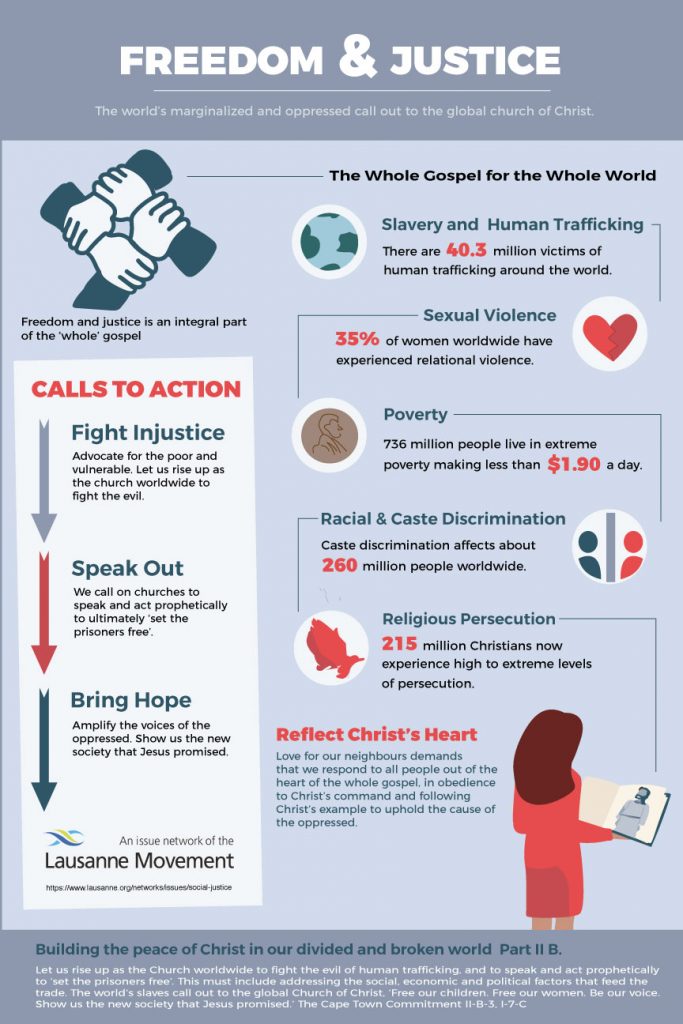The Significance And Historic Duty Of Churches In Contemporary Culture

Staff Author-List Goldman
You may consider churches as simply puts for worship, yet their role has developed substantially with time. They have actually changed into neighborhood centers, dealing with numerous social issues and cultivating links among participants. As culture modifications, churches face special difficulties and have to adjust to remain appropriate. What's driving this makeover, and exactly how do contemporary churches influence today's areas? Checking out these concerns reveals much regarding their enduring significance.
The Development of Churches Through History
As society has advanced, the duty and structure of churches have actually changed significantly. You may see that early churches mainly served as churches and community celebration, rooted deeply in custom.
Gradually, these establishments adapted to the changing demands of their members, often mirroring societal shifts. For instance, the Improvement triggered a surge in varied religions, each welcoming one-of-a-kind beliefs and practices.
Today, many churches concentrate not just on spirituality but additionally on social issues, involving with modern-day difficulties like poverty and inequality. This development demonstrates exactly how churches continue to be relevant, resolving modern concerns while maintaining their core mission.
Recognizing this trip aids you value the enduring effect of churches in our lives.
The Duty of Churches in Neighborhood Structure
Churches play an important function in constructing strong areas by fostering links among individuals and households. They offer a welcoming space for individuals to collect, share experiences, and support each other.
By hosting events like potlucks, workshops, and volunteer possibilities, churches encourage engagement and partnership among participants. You'll discover that these events frequently result in lasting friendships and networks of support.
Moreover, churches usually function as a hub for outreach, assisting those in need through food drives, counseling, and numerous community services. They produce a sense of belonging, advising you that you're part of something bigger.
When you engage with your local church, you're not just going to solutions; you're proactively contributing to a vivid, interconnected area that prospers on shared assistance and compassion.
Difficulties and Adaptations in Contemporary Culture
While neighborhood structure continues to be a keystone of church life, contemporary culture offers one-of-a-kind challenges that need adaptation. You have actually most likely seen declining presence and shifting demographics, making it essential for churches to rethink their techniques.
Involving younger generations via modern technology and social media can help bridge the gap. Think about hosting online solutions or area events that resonate with diverse passions.
In https://baltimorebrew.com/2020/10/20/concerns-grow-about-fate-of-mount-vernon-church-before-thursdays-planning-meeting/ , dealing with social concerns like psychological wellness and social justice can draw in those seeking support and function. You can produce comprehensive settings that invite everyone, fostering a feeling of belonging.
Verdict
In conclusion, churches have changed from basic churches right into vital community centers that resolve today's social problems. As https://squareblogs.net/lashonda4ryan/exactly-how-to-select-a-church-that-refers-your-beliefs-and-values assess their advancement, it's clear they play a vital duty in promoting links and providing assistance. Regardless of difficulties, modern-day churches adjust by welcoming technology and inclusivity, guaranteeing they stay pertinent. Their ongoing presence not only nurtures a sense of belonging however additionally shapes social values, making them a crucial part of contemporary life.

